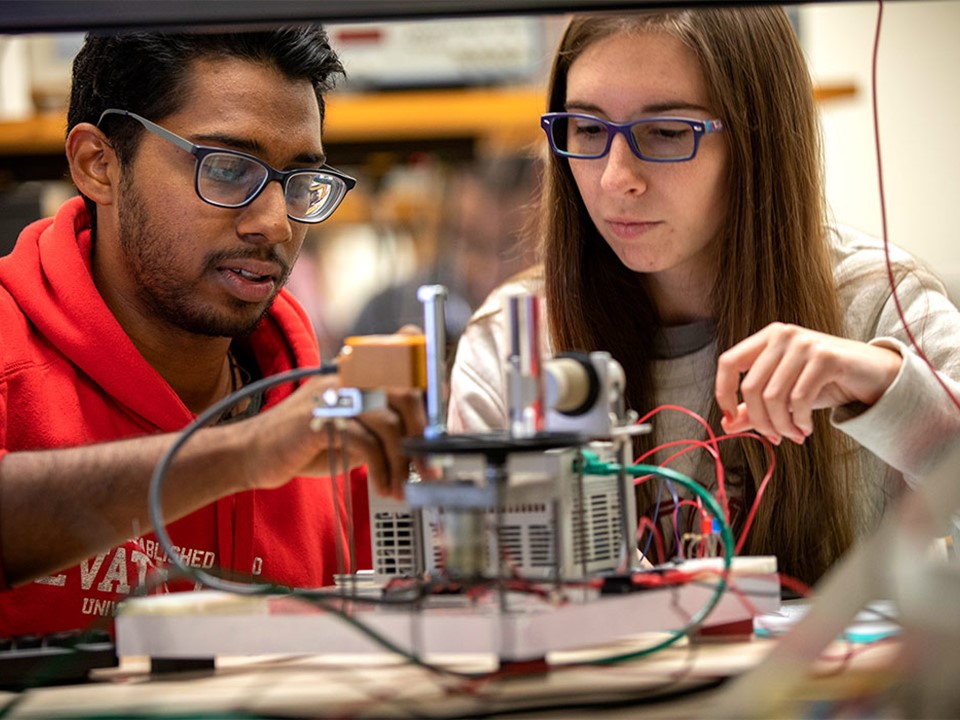Balancing Act Integrating Broad and Narrow Constructs of Experiential Learning in Higher Education
Main Article Content
Abstract
This paper explores the dualistic nature of experiential learning (EL) definitions in higher education, advocating for a balanced integration of broad and narrow constructs. Through case study and collaborative inquiry, diverse disciplinary perspectives—from engineering to performing arts and urban education—are examined to understand EL's application and impact. The paper highlights the importance of accommodating both overarching frameworks for universal applicability and specific definitions for disciplinary depth. It proposes that broad definitions enhance inclusivity and adaptability, while narrow constructs ensure targeted learning experiences and skill development. The findings suggest that EL is a versatile pedagogical tool. It is adaptable to varied academic landscapes and yet maintains its essence of active, reflective engagement with the world. Finally, the paper argues that both the broad and narrow definitions are necessary to ensure EL remains a transformative educational pedagogy.
Article Details

This work is licensed under a Creative Commons Attribution 4.0 International License.

